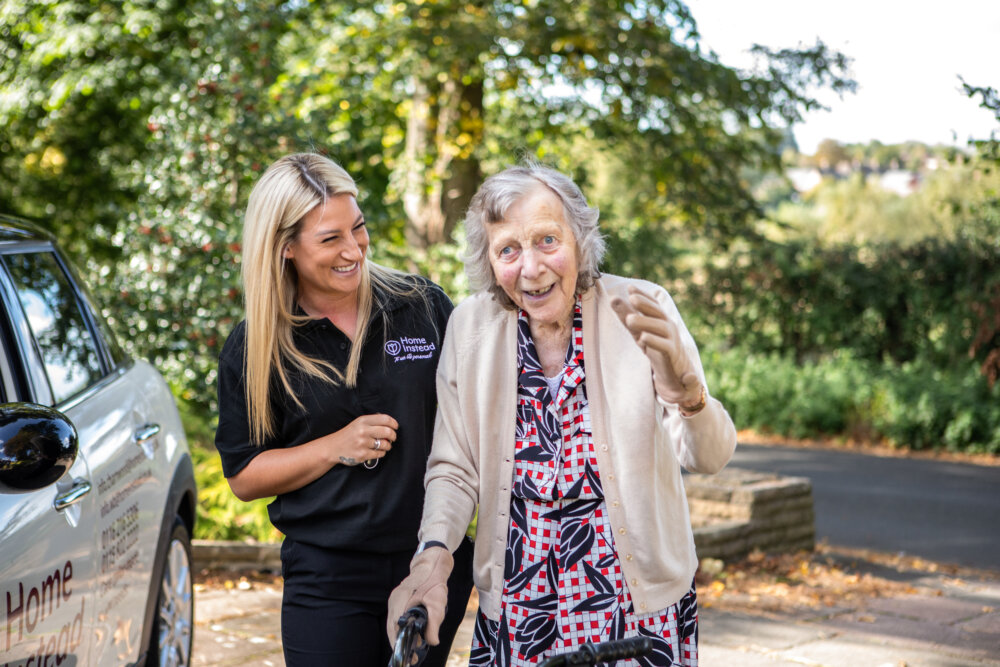Home Instead's Crucial Role in Easing Hospital Bed Blocking.
In the dynamic landscape of healthcare, issues such as bed blocking has become significant challenge for hospitals worldwide.
Bed blocking occurs when patients, who are medically fit to leave the hospital are unable to do so for various reasons, thereby occupying valuable beds that could be used for incoming patients. Home Instead, a leading home care provider, has been instrumental in alleviating this issue by offering innovative solutions and compassionate care, enabling patients to transition seamlessly from hospital to home.
Bed blocking is an issue rooted in the middle of medical, social, and logistical factors. While patients may be medically stable, various barriers hinder their discharge, ranging from the lack of suitable home support, to delays in arranging necessary equipment and services. Home Instead steps in to bridge this gap, working closely with local hospitals to ensure a smoother transition for patients and a more efficient use of healthcare resources.
Personalised Care Plans
Home Instead collaborates with healthcare professionals to develop personalised care plans, tailored to each patient’s needs. By understanding the specific requirements of the individual, they ensure that the transition from hospital to home is as seamless as possible.
Skilled Caregivers
The organisation employs a dedicated team of skilled caregivers who are trained to provide specialised care, including medical support, rehabilitation exercises and emotional assistance. This not only helps in maintaining the patient’s health, but also instils confidence in both the patient and their family members.
Coordination with Healthcare Providers
Home Instead establishes strong lines of communication with local hospitals, facilitating the coordination of care. This collaboration ensures that the patient’s discharge is well-planned, and that necessary medical information is shared between healthcare providers and home care professionals.
Meet Mrs. Johnson, an 82-year-old woman recovering from a hip replacement surgery. Although medically stable, Mrs. Johnson faced challenges returning home due to the absence of adequate support and a safe environment for recovery. Home Instead intervened by creating a personalised care plan that included daily assistance, physical therapy, and emotional support.
The skilled caregivers from Home Instead worked closely with Mrs. Johnson’s medical team to ensure a smooth transition. They helped set up her home with necessary equipment, provided medication reminders and assisted with daily activities. Mrs. Johnson, surrounded by familiar comforts and dedicated caregivers, not only recovered more comfortably, but also experienced a significant improvement in her overall well-being.
Preventing bed blocking is not just about freeing up hospital beds; it’s about enhancing the quality of life for patients like Mrs. Johnson. Home Instead’s commitment to individualised care and collaboration with healthcare providers exemplifies a holistic approach to healthcare that benefits both patients and the healthcare system.
Home Instead’s proactive involvement in preventing bed blocking showcases the positive impact that home care services can have on the healthcare system. By addressing the complex challenges associated with transitioning patients from hospital to home, Home Instead contributes to a more efficient use of healthcare resources, while prioritising the well-being and comfort of individuals on their journey to recovery. As we navigate the evolving landscape of healthcare, partnerships between home care providers and hospitals will continue to play a crucial role in ensuring a seamless continuation of care for patients.
